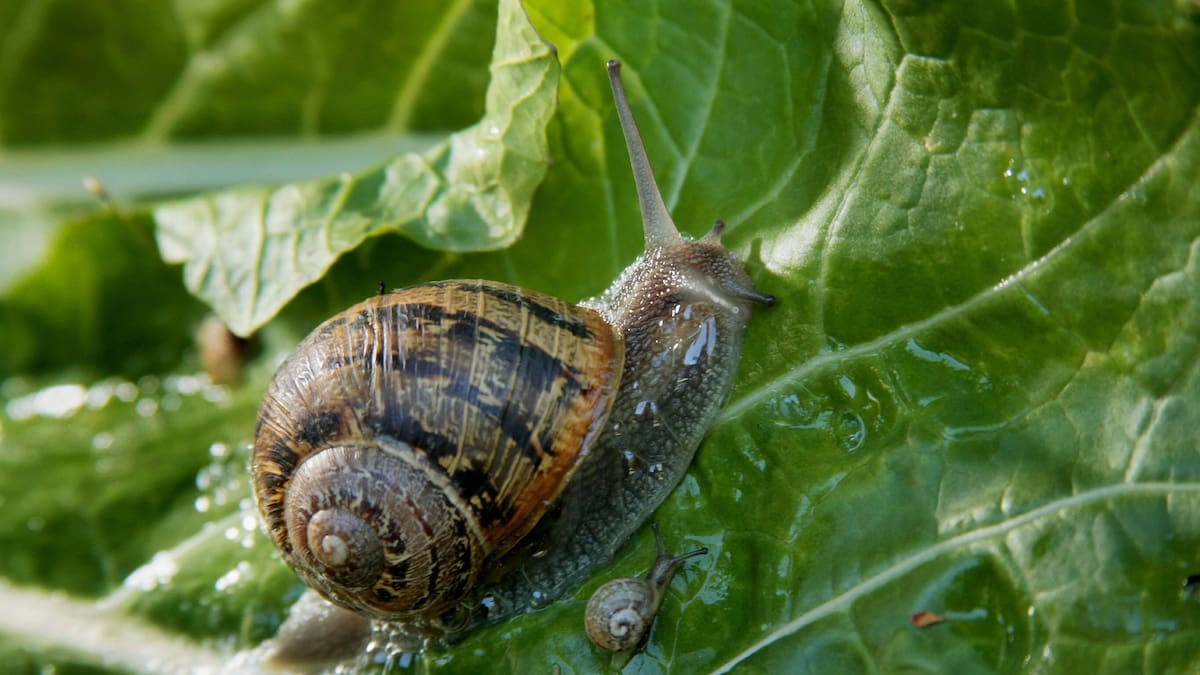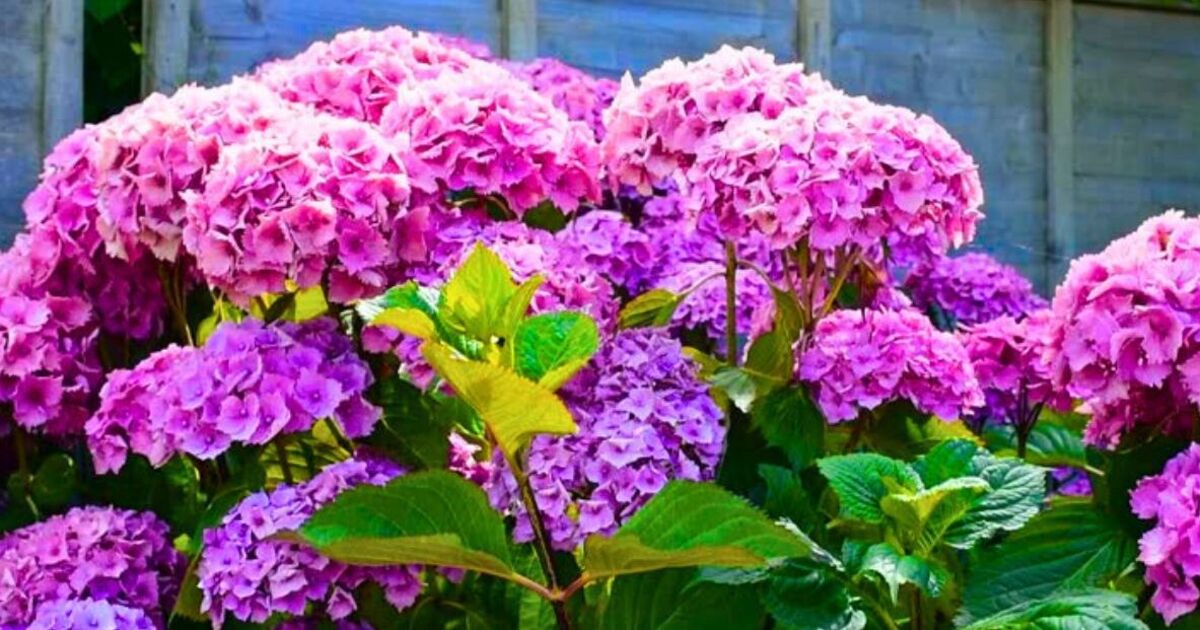In my experience, blending in with nature in your backyard and finding peace with some of the wildlife can lead to rewarding experiences. However, embracing nature doesn’t mean turning a blind eye to the destruction that they can instigate, particularly when it comes to intricate and nurtured gardens.
A memory that still lingers in my mind is visiting a friend who resided in a beautifully landscaped, park-like residential area. The neighbourhood was embellished with pretty ponds, stunning gardens, each with its unique charm, and beautiful houses that seemed straight out of a home design magazine. However, the serene setting was severely disrupted by wild boars that arrived from the nearby hills. These animals destroyed the well-maintained lawns, turning them into a mess overnight.
While wild boars may not frequent every vegetable garden, a common scenario that vegetable garden owners will resonate with is discovering free-roaming chickens feasting on their harvested produce. These birds have a knack for bypassing barriers and making their way into the vegetable patch. Over time, I have learnt to use cloches as a protective cover for seedlings. Surprisingly, once the seedlings grow larger, the chickens lose interest and prefer snacking on worms and insects by scratching the soil under the plants. The chickens have a beneficial side too – they keep weed growth under check, particularly during winter.
Talking about other animals, rabbits also pose a considerable threat to crops. However, I discovered that growing a Buxus hedge around the garden area has helped effectively deter rabbits since they prefer feasting on fresh grass to navigating through the hedge.
For greater protection and control, I devised a raised bed vegetable garden. This method allows easy installation of metal arches that hold insect cloth to keep harmful bugs away. Moreover, raised beds provide versatility and serve as an excellent platform for vegetable gardens where pests are a common issue.
One such detrimental pest, often underestimated, is the tomato-potato psyllid. This small insect, barely the size of an aphid or a baby cicada, can cause massive damage to your tomato, potato or tamarillo crops in no time. I have designed an insect-proof house for my raised beds, which can be alternated depending on the crop rotation scheme.
However, pests are not only limited to larger animals and visible insects. Slugs, snails, caterpillars, white butterflies are all capable of damaging your garden. Moreover, whiteflies, scale, aphids, ants, carrot rust flies, mites, codling moths, and many more can add to your woes. Even bigger creatures such as possums and rats are unwelcome guests that your garden may attract.
To combat these challenges, I follow a simple philosophy. Healthy and well-composted soil, along with regular feeding, ensures overall good health of the plants thus making them more resistant to pests. Of course, there’ll be a few losses here and there, but, in the end, the garden will thrive.
Ensure to dispose off any plants that seem affected by pests to avoid spreading spores to your compost. Another great preventive strategy is to select plant varieties that are naturally resistant to pests. Remember to plant your seedlings based on ideal conditions, rotate your crops frequently, and most importantly, encourage the growth of beneficial plants to invite good insects.
Having said that, encountering a few pests here and there should be considered a part of gardening—a gentle reminder that as gardeners, we need to work along with nature rather than against it.
In closing, it is beneficial to take pre-emptive action using non-lethal measures, such as fences, traps, or natural repellents, for those people who worry about the potential dangers and destruction caused by wildlife. Dealing with wildlife within our gardens can be an enriching experience, but sometimes, our best interests may be at odds with theirs. The key is to find a balance, ensuring the garden is safeguarded, while nature thrives.




